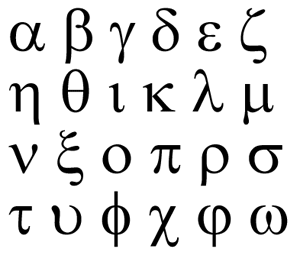

No matter how you pronounce the name of the new variant, there’s a good chance it could already be circulating around where you live. Anthony Kaldellis, the chair of Classics at Ohio State University, told Quartz in an email that emphasis should be put on the first syllable, “something like OH-me-cron.” He explained that word “micron” used to be pronounced with a long “i” in ancient Greek, but that is no longer the case. Neither pronunciation is necessarily false, Armand d’Angour, a professor of classical languages at Oxford, told The Telegraph.


Stallings, about whether to go with the UK pronunciation or stick with the US version, which is closer to modern Greek. The naming of the new variant ignited a debate among classicists, explains poet and translator Alicia E. But the Cambridge Dictionary offers two different English pronunciations of the letter, suggesting “oh-MY-cron” for British English, and “OH-mi-cron” for American English. The letter, which is spelled as όμικρο, is pronounced as “ó-mee-kro” in Greek.


 0 kommentar(er)
0 kommentar(er)
